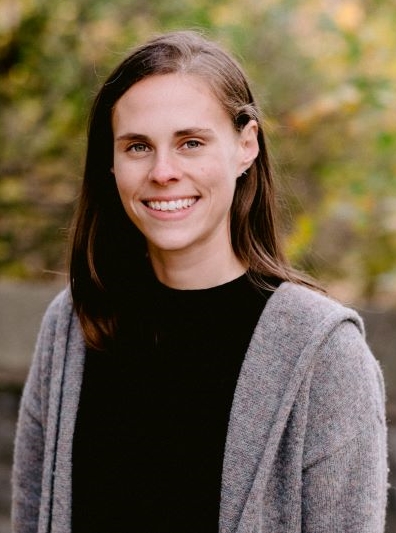Accounting for the interaction of immunology, epidemiology, evolution, and biophysical processes in Covid-19 mathematical models

Generally speaking, immunology, epidemiology, evolution, and biophysical processes related to pathogen transmission interact in the context of disease control. Particularly for emerging pathogens such as SARS-CoV-2, minimal data availability combined with modeling / dynamical uncertainties can make correctly accounting for these factors in population-level disease models challenging. In this talk, we will present a minimal conceptual modeling framework for Covid-19 to study these interactions. Using this framework, we will focus on three primary topics: the impact of the strength and duration of natural and vaccinal immune responses on Covid-19 case burden and timing, epidemiological and evolutionary impacts of vaccine dose spacing, and epidemiological and evolutionary consequences of how vaccines are allocated between countries. We will then discuss ongoing work to better parametrize our models as data become increasingly available. In particular, we will introduce experimental methods for studying the biophysical processes underlying viral in-host dynamics as well as the impact of seasonality on disease transmission rates.
Date and Time
Location
Hosts
Registration
-
 Add Event to Calendar
Add Event to Calendar
Speakers
 Prof. Caroline Wagner of McGill University
Prof. Caroline Wagner of McGill University
Biography:
Caroline Wagner is an Assistant Professor in the Department of Bioengineering at McGill University. Her research program focusses on understanding the interaction between pathogens and biological fluids, and modeling the effect of such interactions on population level disease dynamics. She holds an MSc and PhD in Mechanical Engineering from MIT and completed her postdoctoral training in mathematical disease modeling at Princeton University. Since the onset of the Covid-19 pandemic, Caroline and her colleagues have developed models to explore the effect of adaptive immune responses, vaccine dosing schemes, and vaccine allocation strategies between nations on the future burden and timing of Covid-19 infections. The three papers on these topics were published in the journal Science, and the work has been covered and presented in outlets including Quebec Science, La Presse, Wired, and various British Medical Journal webinars.

